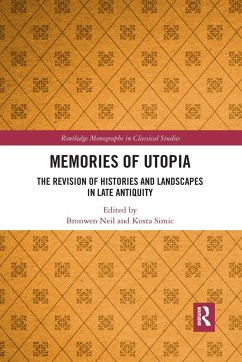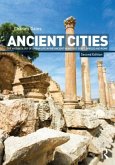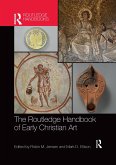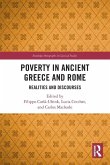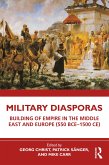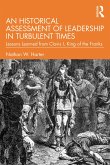These essays examine how various communities remembered and commemorated their shared past through the lens of utopia and its corollary, dystopia, providing a framework for the reinterpretation of rapidly changing religious, cultural, and political realities of the turbulent period from 300 to 750 CE.
The common theme of the chapters is the utopian ideals of religious groups, whether these are inscribed on the body, on the landscape, in texts, or on other cultural objects. The volume is the first to apply this conceptual framework to Late Antiquity, when historically significant conflicts arose between the adherents of four major religious identities: Greaco-Roman 'pagans', newly dominant Christians; diaspora Jews, who were more or less persecuted, depending on the current regime; and the emerging religion and power of Islam. Late Antiquity was thus a period when dystopian realities competed with memories of a mythical Golden Age, variously conceived according to the religious identity of the group. The contributors come from a range of disciplines, including cultural studies, religious studies, ancient history, and art history, and employ both theoretical and empirical approaches. This volume is unique in the range of evidence it draws upon, both visual and textual, to support the basic argument that utopia in Late Antiquity, whether conceived spiritually, artistically, or politically, was a place of the past but also of the future, even of the afterlife.
Memories of Utopia will be of interest to historians, archaeologists, and art historians of the later Roman Empire, and those working on religion in Late Antiquity and Byzantium.
The common theme of the chapters is the utopian ideals of religious groups, whether these are inscribed on the body, on the landscape, in texts, or on other cultural objects. The volume is the first to apply this conceptual framework to Late Antiquity, when historically significant conflicts arose between the adherents of four major religious identities: Greaco-Roman 'pagans', newly dominant Christians; diaspora Jews, who were more or less persecuted, depending on the current regime; and the emerging religion and power of Islam. Late Antiquity was thus a period when dystopian realities competed with memories of a mythical Golden Age, variously conceived according to the religious identity of the group. The contributors come from a range of disciplines, including cultural studies, religious studies, ancient history, and art history, and employ both theoretical and empirical approaches. This volume is unique in the range of evidence it draws upon, both visual and textual, to support the basic argument that utopia in Late Antiquity, whether conceived spiritually, artistically, or politically, was a place of the past but also of the future, even of the afterlife.
Memories of Utopia will be of interest to historians, archaeologists, and art historians of the later Roman Empire, and those working on religion in Late Antiquity and Byzantium.
"This collection of essays examines the centrality of memory to the making and maintenance of utopian ideals. The editors make a strong case for the importance, and also the fragility of memory in Late Antiquity... Hopefully the excellent essays in this volume will be the start of a wider conversation about how the writers and artisans of late antiquity rewrote their past and their landscapes in order to remember their way to an idealized future." - Bryn Mawr, Classical Review
"This collection of essays, conceived and edited by Bronwen Neil and Kosta Simic, focuses on the interplay of "memory" and "utopianism" in the culture and thought of late antique Christianity. The editors suggest that utopian beliefs dominated the relationship." -Charles W. Hedrick, sehepunkte
"This collection of essays, conceived and edited by Bronwen Neil and Kosta Simic, focuses on the interplay of "memory" and "utopianism" in the culture and thought of late antique Christianity. The editors suggest that utopian beliefs dominated the relationship." -Charles W. Hedrick, sehepunkte

